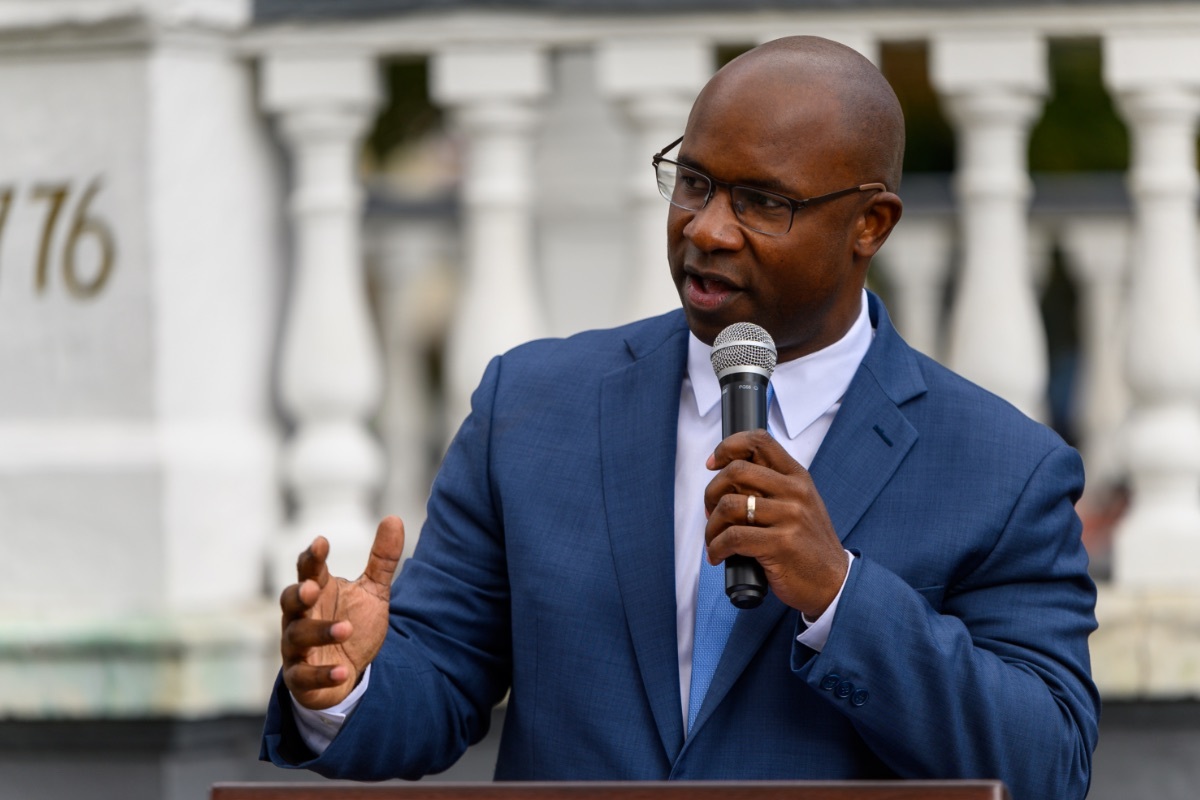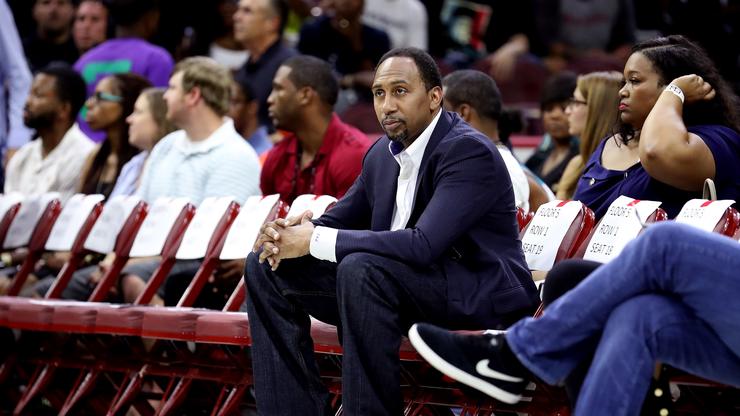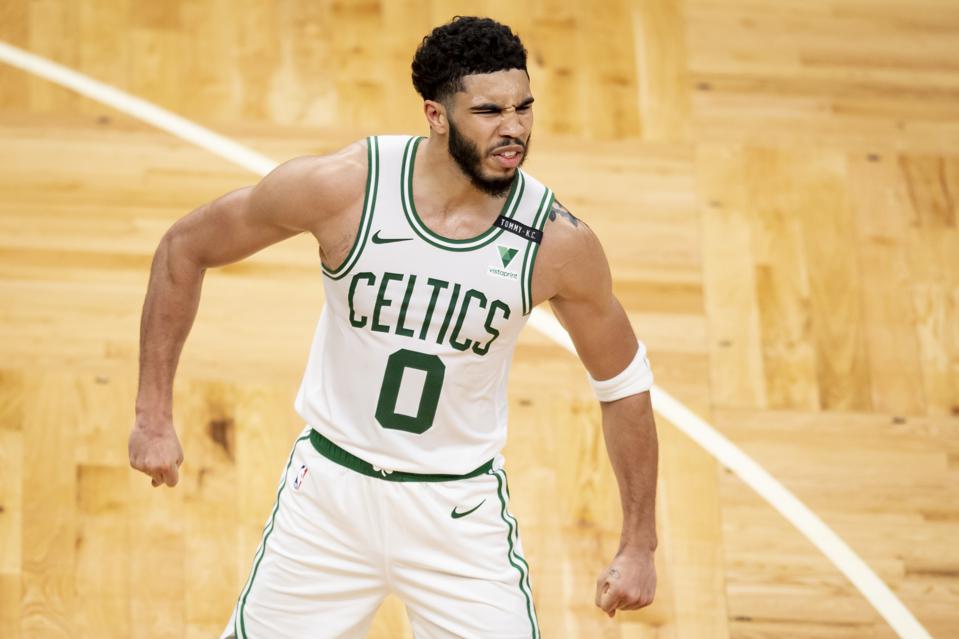Brad Stevens residency in the upper echelon of college basketball’s coaching hierarchy was relatively short. The former Butler coach isn’t even approaching 40 yet, but has already carved out his legend on the college basketball scene at an accelerated rate.
The jury is still out on Stevens as an NBA head coach, but there was no denying his effectiveness on the sidelines. In their first season without Stevens calmly propped up on the sidelines, Butler missed out on the NCAA Tournament. After six seasons, Stevens had grown too big for his britches. Stevens’ meteoric rise from marketing associate to college basketball coaching wonder kid began with a leap of faith.
In 2000, Stevens relinquished a lucrative position with pharmaceutical company Eli Lilly to become a volunteer assistant on Thad Matta's Butler staff. Stevens latched himself onto Todd Lickliter’s staff in 2010 and when Lickliter departed to fill an ill-fated vacancy at Iowa, Stevens was tabbed to lead Butler and used his numbers crunching skills and economics degrees to lift Butler to unprecedented heights.
In his first season at the helm, Stevens was the second-youngest coach in Division I and won a Horizon League record 30 games. Nearly one victory for each of his 30 years. In his third season, Stevens captivated the nation by coaching a roster that played 10 feet below the rim.
After tripping up inches short of a national championship on the final possession of the 2010 Final, Butler’s Gordon Heyward bolted for the NBA lottery. Stevens shrugged and repeated Butler’s national championship appearance with a ragtag group of upperclassmen led by Andy Samberg lookalike Matt Howard and point guard Shelvin Mack. Unfortunately, they also repeated as national championship runner-ups.
Regardless, their return trip was an affirmation of Stevens’ coaching acumen.
Stevens' legacy extends beyond the win loss column. Stevens is also a proponent of a new generation of coaches who rely on advanced analytics to dictate lineups, spot trends and scout opponents’ tendencies. During his final season at Butler, he was also responsible for hiring the first coach solely responsible for statistical research.
During the Stevens years, Butler also moved on out the Horizon League's one-bid territory, migrated to the Atlantic 10 for one season and upgraded to becoming permanent denizens of the new geographically inaccurate Big East quicker than The Jeffersons relocation to the East Side. The obvious comparison for Wichita State is to Butler, but Gregg Marshall’s aura doesn’t quite match that of Butler’s sideline prodigy.
In a sport where volatile coaching giants spend decades building their cache by recruiting blue chippers and All-Americans, Stevens needed just a tenth of the time and talent to become the calm and cool prince of college basketball's sidelines.



